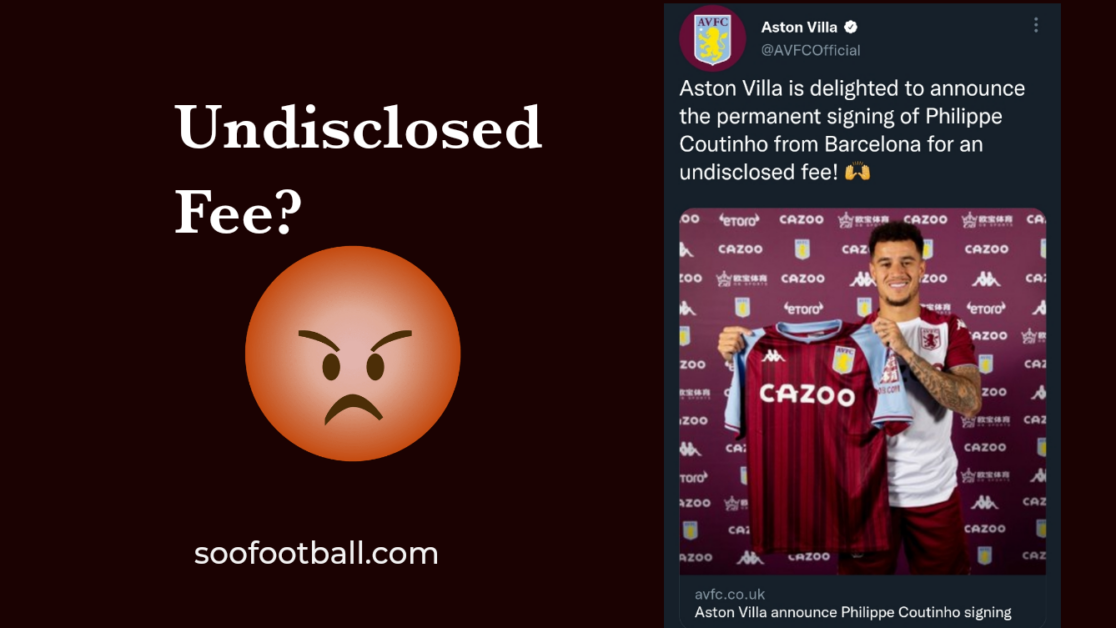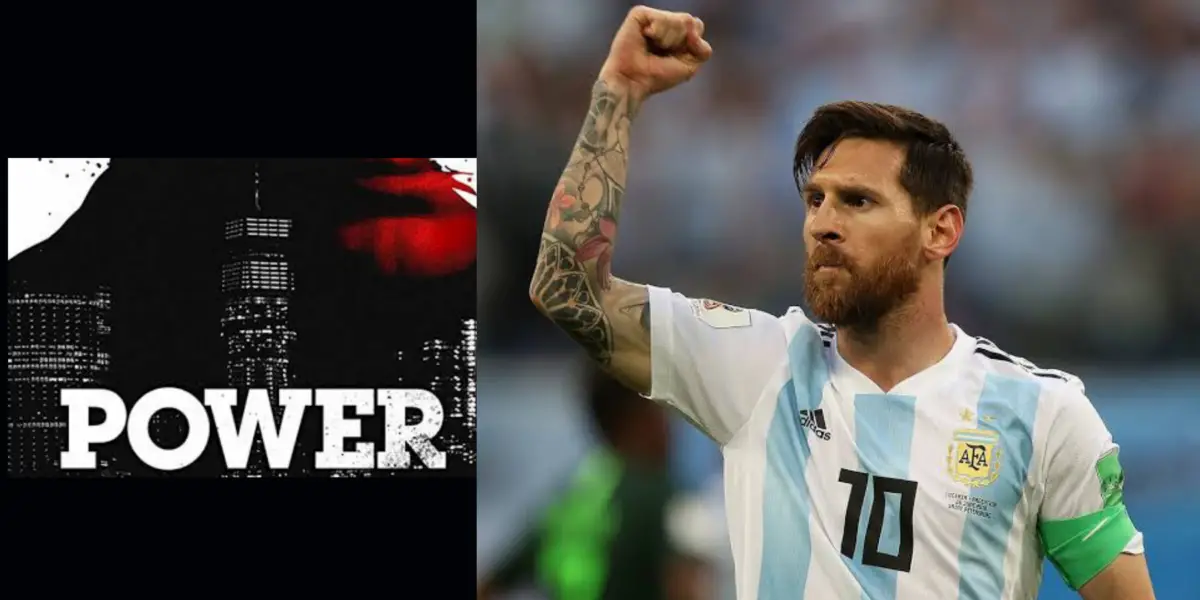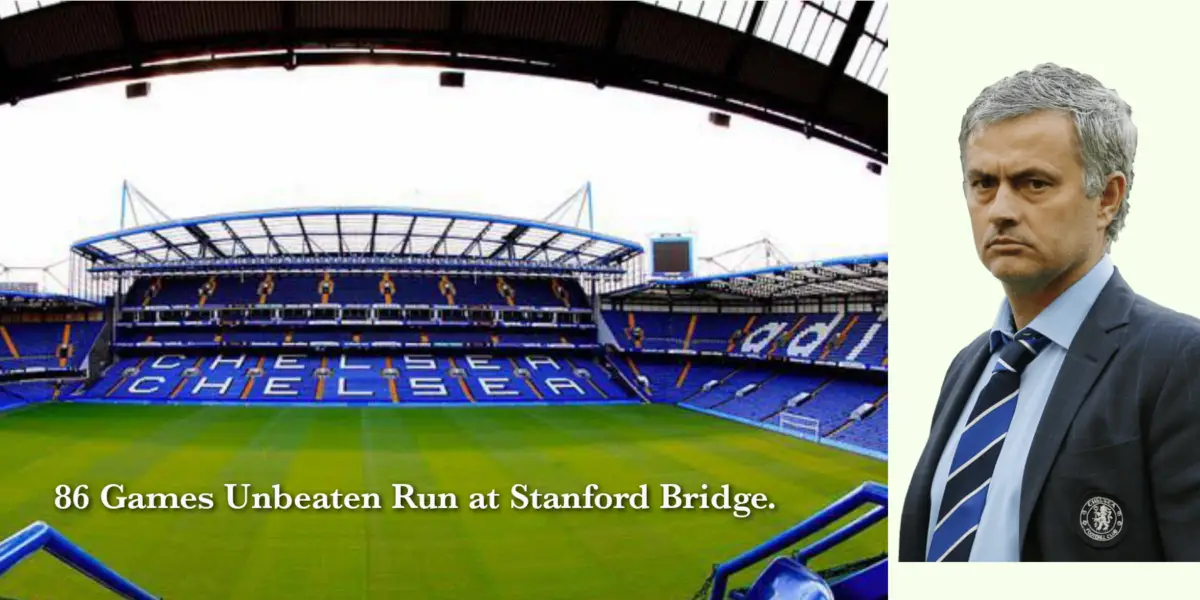Today, it is a common practice in football for transfer fees to be labeled “undisclosed fee”.
Most times, as fans, it can be disappointing not to know the value of a transfer of a player who recently joined your favorite club.
Moreso, it is even more disappointing for reporters. They’d love to reveal full details in their report but are incapacitated as they do not have full details about a particular transfer fee.
Many journalists go as far as finding out from other sources or allies to concerned clubs to get a value for a transfer labeled “undisclosed fee”.
But in reality, why do clubs decide not to reveal the transfer fee for a signing? Or what’s the rationale behind the “undisclosed fee” label in football transfers?
Well, before answering this question, it is important to understand a few things.
what is transfer fee in football?
In football, transfer fee simply means how much it costs to buy or sell a player to another club.
For every played who is contracted to a football club, another club would have to “buy him out” of that contract to make him their own.
The payment made to buy such player “out of contract” is declared the transfer fee.
To understand better, learn how football contracts work.
But…
what if a player is out of contract?
If a player is out of contract, in this case, a transfer fee does not apply. It simply means that another club can sign for FREE such a player.
Check out key examples of some of the best FREE transfers in Football.
However, the “Bosman” transfer rule stipulates that a player can sign a pre-contract for another club 6 months before the end of their current contract.
For example, Antonio Rudiger’s contract with Chelsea should expire on June 30, 2022.
The Bossman transfer rule states that Rudiger could sign for another club right from January 1, 2022 (if he wants, anyway).
Not that it matters anyway, Real Madrid alright signed the Chelsea defender for FREE before the season ended.
In this case, a transfer fee does not apply. So, an undisclosed fee may not apply as well.
Recent Articles:
- Champions League Final 2025 Prediction: PSG vs Inter Milan Tactical and Statistical Analysis
- Ajax vs Twente preview, team news, tickets, and prediction
- Hoffenheim vs Bayern Munich preview, team news, tickets, and prediction
- The Decline of Brazil’s Footballing Dominance: From Galácticos to Mediocrity
- Salah vs Ronaldo Premier League Stats: Who Has A Better Record?
What does undisclosed fee mean in Football?
In football, “undisclosed fee” means both parties (buying and selling clubs) have agreed not to make a player’s transfer fee public.
Sometimes, the player and the agent also give consent to an undisclosed fee for many reasons which we’ll highlight here.
Now, you may wonder…
Why Do Clubs Declare “Undisclosed fee” for a Transfer?
Well, there are many reasons some Football clubs decide to play the “undisclosed fee” strategy.
Here are 5 reasons why some Football clubs have “undisclosed fee” in their player signing report.
1. To Avoid Backlash from fans
Some Football clubs decide not to disclose the transfer fee of a player because they do not want backlash from fans.
Take, for example, Barcelona and Coutinho.
Barca spent €160 million to buy Coutinho from Liverpool in 2018. Fast forward to 2022 the Brazilian now plays for Aston Villa.
Based on logical reasoning, do you really think Villa could folk out 70, 50 or even €40 million for Coutinho? Sounds almost impossible.
Even at €40 million, that’s a significant loss on Barca’s part for a player who scored 2 goals and assisted another 1 against them as Bayern Munich ended their champions League dreams in 2020.
In truth, no club would buy Coutinho for €160 million or anything close to half of it.
Si.com reports that Villa paid only €20 million for the permanent signing of Coutinho from Barcelona.
So, Barca most likely instructed Aston villa to label Coutinho’s transfer as “undisclosed fee” to avoid an obvious backlash from fans who would berate them for the significant loss on a player whom they invested a whooping €160 million.
2. To Avoid Transfer Market Inflation
Another cogent reason why Football clubs play the “undisclosed fee” advocate is to avoid transfer market inflation.
“How?” you may ask.
Some football clubs may not want the public to know how much they earned for a big player transfer. Why?
So, they could get a good price for the potential replacement without having to bargain based on how much they sold their former talisman.
3. Based on Player’s Request
In some rare situations, players and their agent’s request that the transfer fee is undisclosed. Why?
It lifts pressure off the shoulders of these players sometimes when the transfer fee is not disclosed.
These days, we unfairly judge players based on their transfer fee and their salary. So, it makes sense to request for the transfer fee to be undisclosed.
However, it is important to note that it is up to the 2 clubs involved to honor the player’s request.
Do footballers get a cut of the transfer fee?
Ideally, players do not get any cut of their transfer fee.
The only money players get is what it stipulated in their contract – salary, bonuses and other relevant clauses.
Instead, only players’ agent gets a certain percentage of the transfer fee in what is called “agent fee”.
The buying club pays directly the “agent fee” to the agent, not from a player’s salary. And this “agent fee” is not deducted from the transfer fee.
So, if you’re asked; What percentage of a transfer fee goes to the player? The simple and short answer is 0%.
Who gets Transfer fee in Football?
The selling club gets the transfer fee paid for a player.
For example, in Neymar’s case, his world record transfer fee is 200 million. It simply means Barcelona received €200 million from PSG for Neymar’s transfer.
However, as mentioned earlier, agents get a certain commission on a player’s transfer fee, but this fee is a separate payment and does not reduce the value of the selling club should receive.
Also, in some situations, 2 football clubs may have to share a transfer fee received if certain clauses in a player’s contract include such.
For example, imagine club A sells a player to club B and stipulates in the contract that they will get XX% commission on the player’s next sale.
If club B decides to sell the same player to Club C, club A and B would share the player’s transfer proceed in agreed commission rate.
In this instance, not only the selling club receives the transfer fee of a player. The former team of the player gets a certain cut too.
How do clubs pay transfer fees?
If you have read how Football clubs make money, you’d have a better understanding of how clubs pay transfer fees.
Well, to reiterate, football clubs can pay transfer fee because they make money from sponsorship deals, match ticket sale, jersey sale, etc.
Final Thought
By now, you should understand what undisclosed transfer fee means in football.
Well, to remind you, undisclosed transfer fee in football simply means a transfer whose value is not shared publicly.
We highlighted 3 reasons why Football clubs chose to go with the “undisclosed fee”. They are:
- 1. To Avoid Backlash from fans
- 2. To Avoid Transfer Market Inflation
- 3. Based on Player’s Request
In addition to this, we’ve already answered all other transfer-related questions you may have.
If you enjoyed this article, you could subscribe to our newsletter to get football content like this straight to your inbox.
Further Reading:





